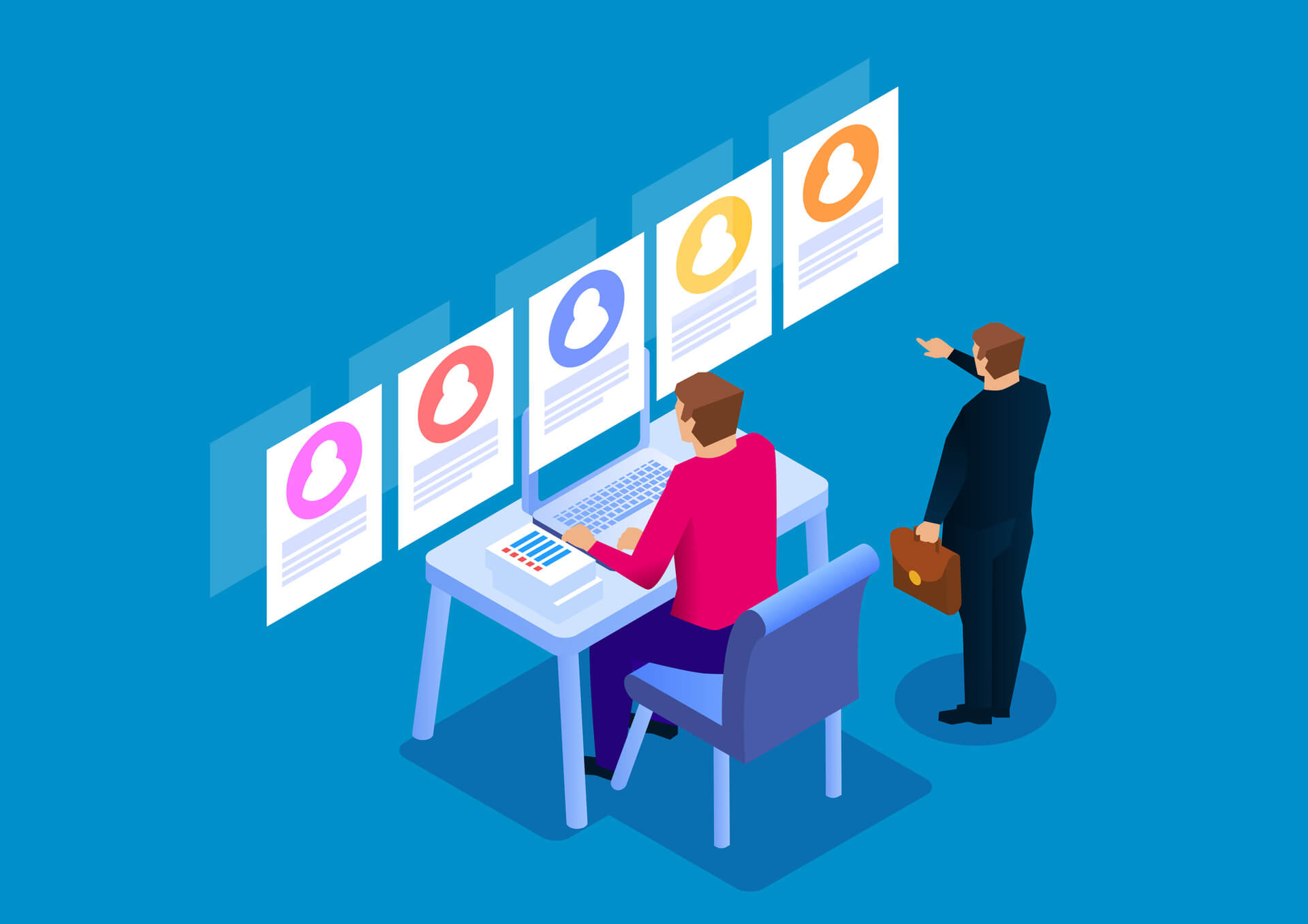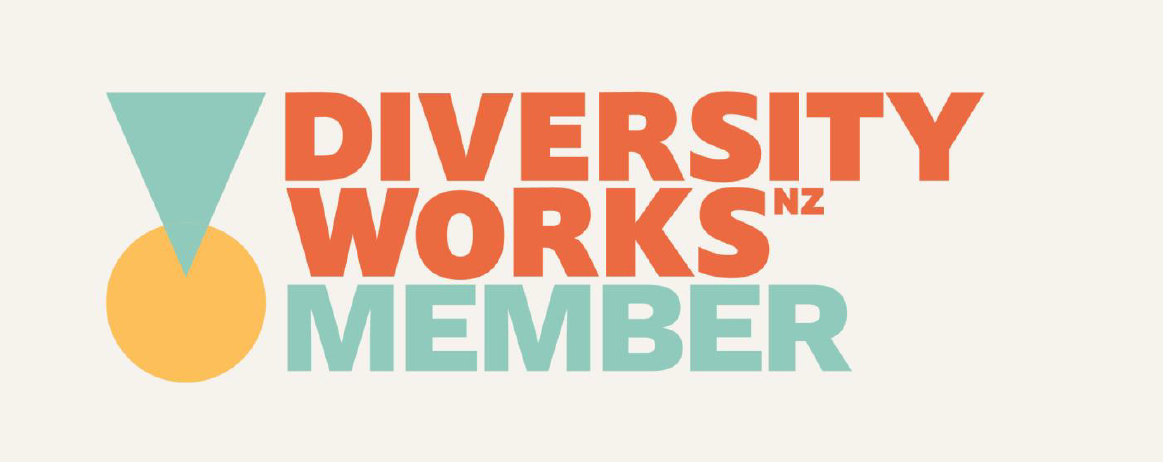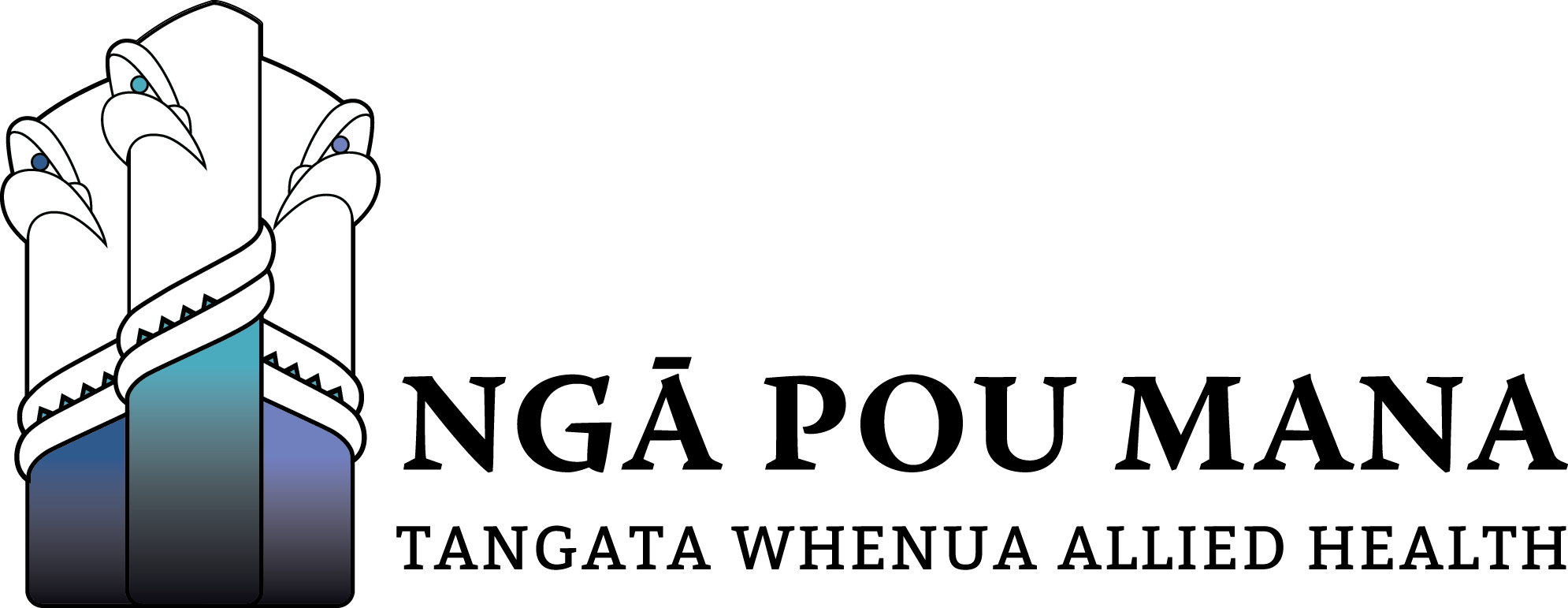For most people, job interviews are a daunting and stressful experience.
We all want to present well, answer questions with confidence and increase our chances of being offered the job. If you’re living with an injury, illness or disability, job interviews can be an even greater challenge. And the stakes can be even higher – because finding work can be life changing.
So how can you manage your condition during an interview so that you can be your best self and impress an employer? And how much should you share about your condition?
10 tips for managing your condition during a job interview
Be prepared
If you get nervous or stressed, prepare by running through practice interview questions with a friend, family member or support person.
Get the right support
Many people living with an injury, illness or disability need assistance with job interviews. Whether it’s support to understand the questions, ensure the interview environment is suitable or simply morale support on the day, it’s absolutely okay to have a support or advocacy person with you during an interview.
Be positive
This is one of the most important things about an interview. Regardless of your condition or the challenges you face, remember that everyone is capable of work. Employers want to hire positive, friendly people for their workplace, so during your interview, be positive and upbeat.
Focus on your ability
Don’t dwell on your condition or the things you can’t do – focus on what you can bring to the job and team. Everyone is capable of work.
Believe in yourself
Your employment consultant or support person has recommended you and/or set up the interview, so they believe in you and your ability to do the job. Remember that in the interview and be confident in yourself.
Disability is diversity, and diversity is a good thing!
Don’t see your disability or health condition as a bad thing. Although people with disability often face challenges with finding work, employers are becoming more inclusive in their approach to hiring. There is plenty of research supporting the benefits of diversity in the workplace – so your disability is a great asset as a job seeker.
Ask questions
Don’t be afraid to ask questions. Job interviews are a two-way street. Asking questions not only shows that you’re interested in the job, it gives you a break from talking while the interviewer provides an answer. A great question to ask is “Do you have any feedback for me?”. Instant feedback could give you a boost in confidence and help to calm your nerves.
Be yourself
Don’t be afraid to ask the interviewer to rephrase a question, use simpler language or for more time to respond. Remember, job interviews are stressful for most people, so don’t feel rushed to answer a question if you don’t understand or need more time to think about your response.
Know your rights
Unless your condition has health and safety implications (it could affect the employer’s obligation to provide a safe and productive workplace), you are not required to tell the interviewer about your disability or condition. While some types of disability are obvious, others are invisible. The question of whether to tell a prospective employer about your condition is entirely up to you.
Consider the upside
Your condition could be beneficial to your job application. There are often employer incentives for hiring a people with disability. Telling the prospective employer about your disability opens up incentives and wage subsidies for their business. Plus, being open about your condition during a job interview could also reduce stigma and help you settle in to your new team.





